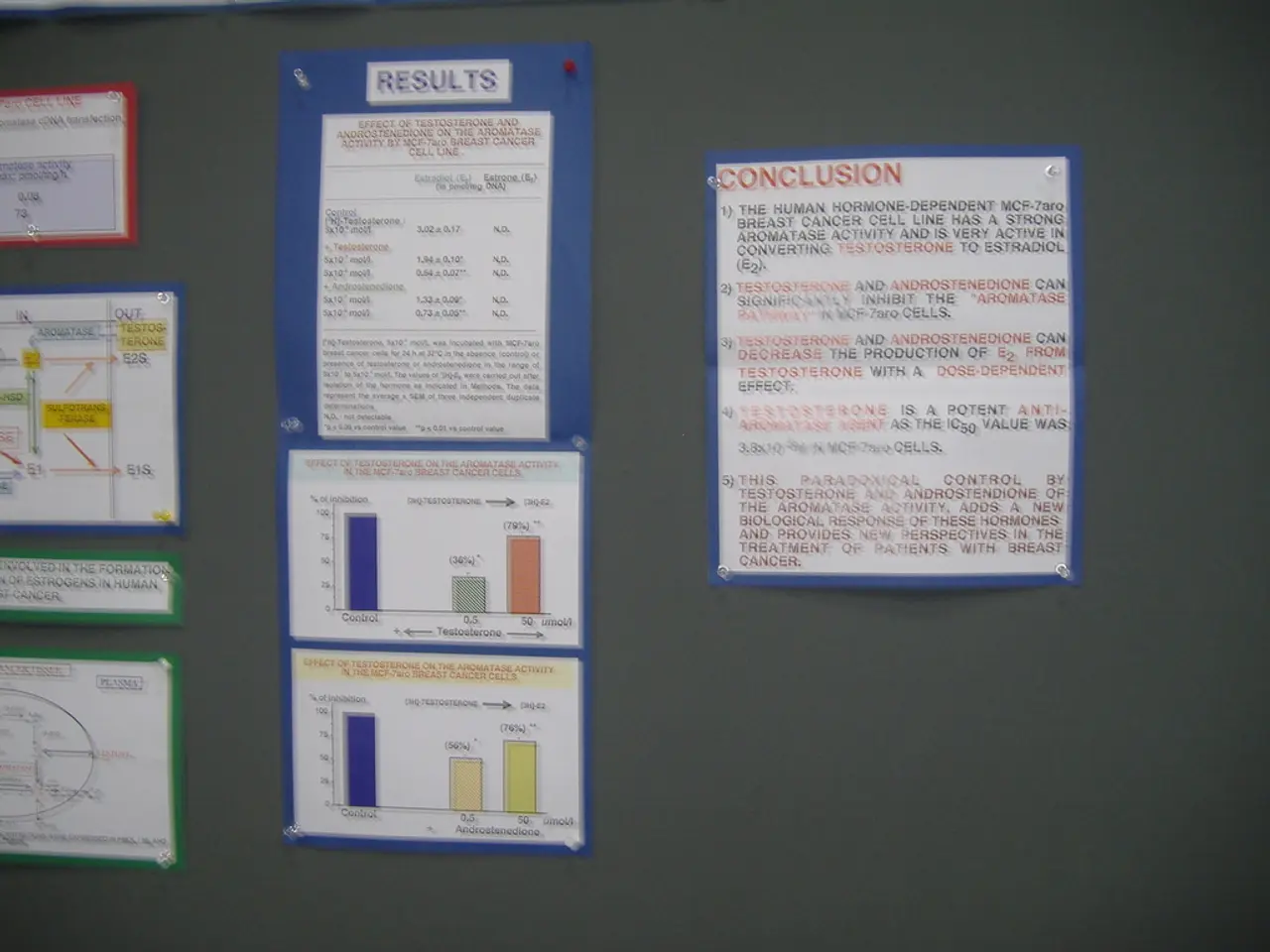Financial Institutions and Private Equity Investors Seek Expectations from Finance Minister's Mid-Year Budget Assessment
Ghana's Mid-Year Budget Review: Emphasis on Macroeconomic Stability and Private Sector Growth
On July 24, 2025, Ghana's Finance Minister, Dr. Ato Forson, delivered the mid-year budget review, reaffirming the government's commitment to macroeconomic stability. The review highlighted several key policy directions aimed at fostering private sector growth and attracting foreign investment.
One of the critical areas of focus is the stabilization of the macroeconomy. The government aims to maintain expenditure within approved limits, reduce public debt by GH¢113.7 billion, and continue the IMF program without additional funds. These measures are expected to result in stable GDP growth projections (4%) and end-year inflation forecast (11.9%), indicating improved inflation and currency performance as positive economic indicators.
Regarding regulatory reforms and promoting domestic capital investment for enterprise growth, the government plans to enhance revenue collection and manage liquidity better. This will be achieved by using Treasury bills strictly for liquidity management, while financing the budget deficit through the domestic bond market to deepen capital market development and provide investment opportunities.
Institutional investors and private equity providers have emphasized the need for clear regulatory and policy reforms that promote domestic capital allocation and investment opportunities. Aligning with these expectations, the government has identified specific focus areas, including the operationalization of the Limited Partnerships (LP) Act, which provides a familiar and robust legal framework for private equity and venture capital fund structures.
The budget review also includes provisions for specific tax incentives, such as corporate income tax rebates, VAT exemptions, and discounted night-time electricity tariffs, to encourage businesses to operate 24/7 and invest in industrialization. This move is expected to generate higher turnovers and profits, leading to increased corporate tax revenue and the formalization of more businesses, thereby widening the tax net.
Promoting industrialization and the 24-hour economy creates demand for labor across multiple shifts, generating a significant number of decent jobs in manufacturing, logistics, services, and other key sectors. This contributes to economic inclusion by providing stable employment.
Moreover, the budget review signals accelerated implementation and robust enforcement of regulatory reforms designed to channel domestic capital, especially pension funds, into productive private sector investments. The National Pensions Regulatory Authority (NPRA) is reaffirming guidelines and reporting requirements to ensure pension funds allocate at least 5% of their assets to alternative investments like private equity and venture capital by 2026.
Directing patient capital to SMEs and high-growth companies enables them to scale, expand production, and invest in human capital, providing a direct boost to job creation, particularly skilled and semi-skilled positions in emerging industries.
To make Ghana a more competitive jurisdiction for private equity funds, having an LP option under the Office of the Registrar of Companies is necessary. A stable macroeconomic environment, coupled with these regulatory reforms, is expected to attract both local and international investors to Ghanaian funds.
In conclusion, the key policy directions in Ghana's mid-year budget review include stabilizing the macroeconomy, advancing regulatory reforms to foster a better environment for domestic investors, and expanding capital market mechanisms to stimulate domestic capital investments that support enterprise growth. A commitment to improving critical infrastructure, such as reliable power, transportation networks, and digital connectivity, is also essential for direct support of industrial growth and reducing the cost of doing business.
- To attract foreign investment and boost private sector growth, Ghana's Finance Minister, Dr. Ato Forson, plans to deepen capital market development by financing the budget deficit through the domestic bond market, providing investment opportunities.
- The government, in its mid-year budget review, has identified policies aimed at promoting domestic capital allocation, such as the operationalization of the Limited Partnerships (LP) Act to establish a familiar and robust legal framework for private equity and venture capital fund structures.
- The budget review includes tax incentives like corporate income tax rebates, VAT exemptions, and discounted night-time electricity tariffs to encourage businesses to operate 24/7, invest in industrialization, and create more decent jobs in manufacturing, logistics, services, and other sectors.








